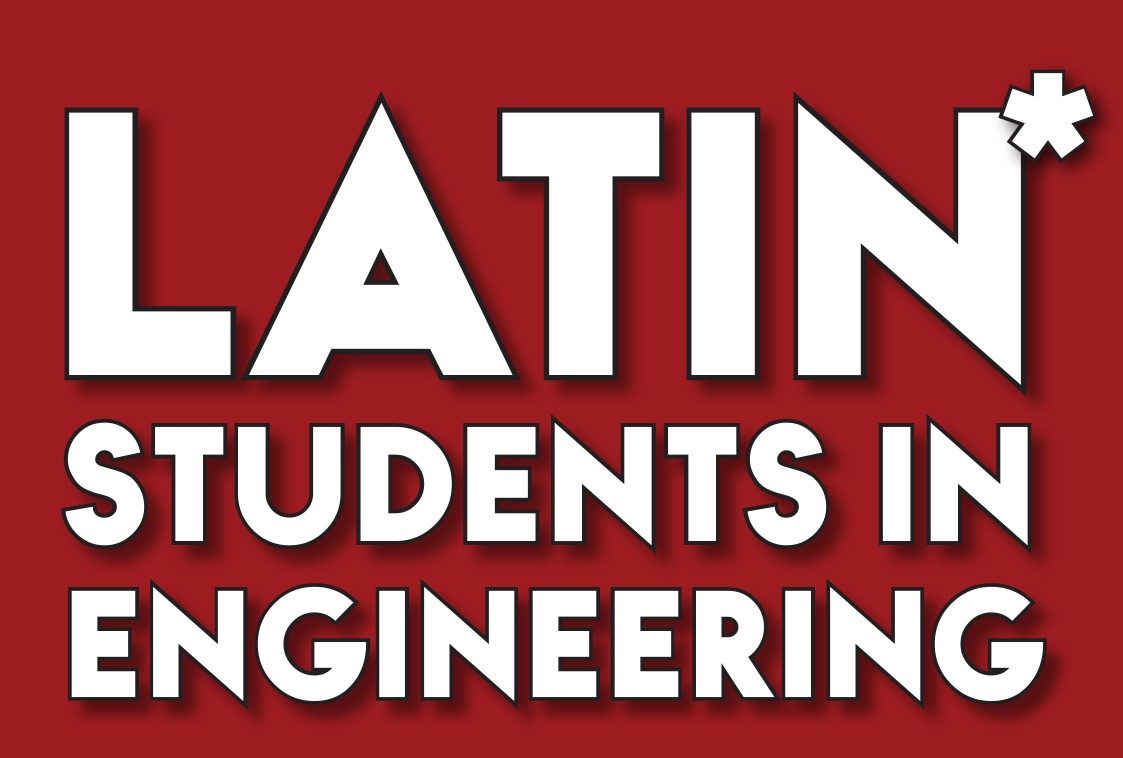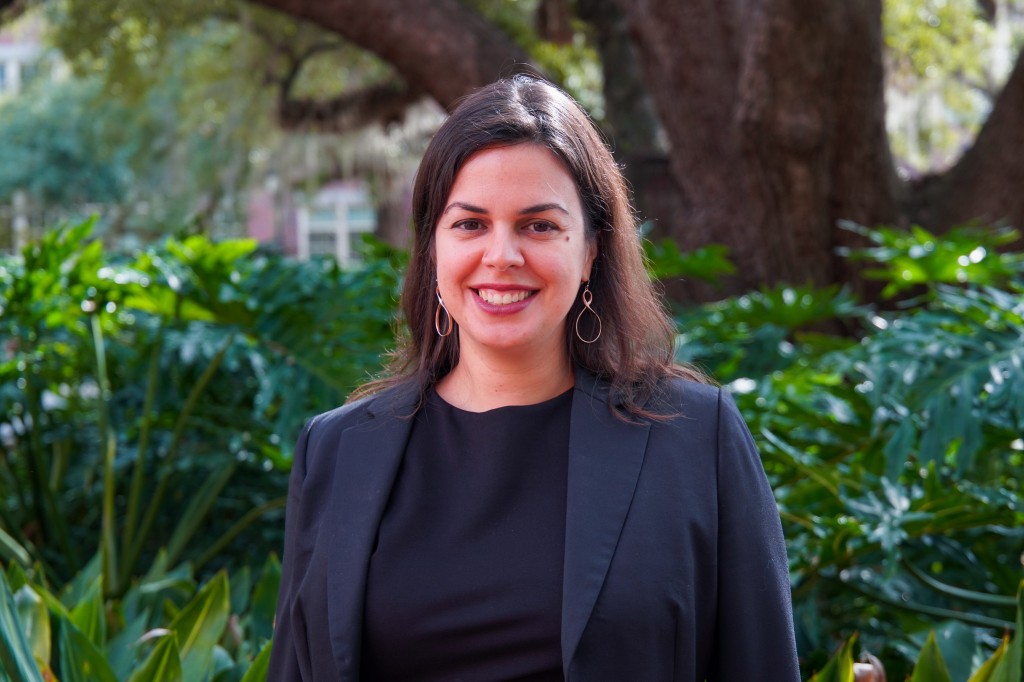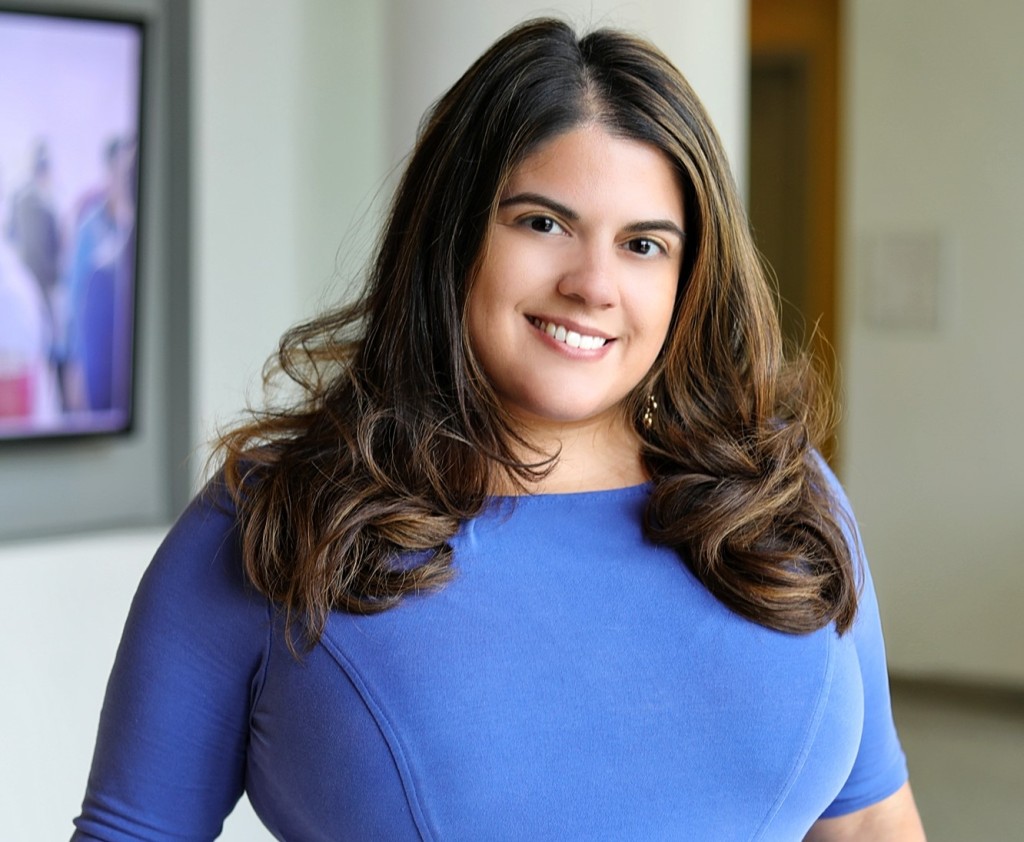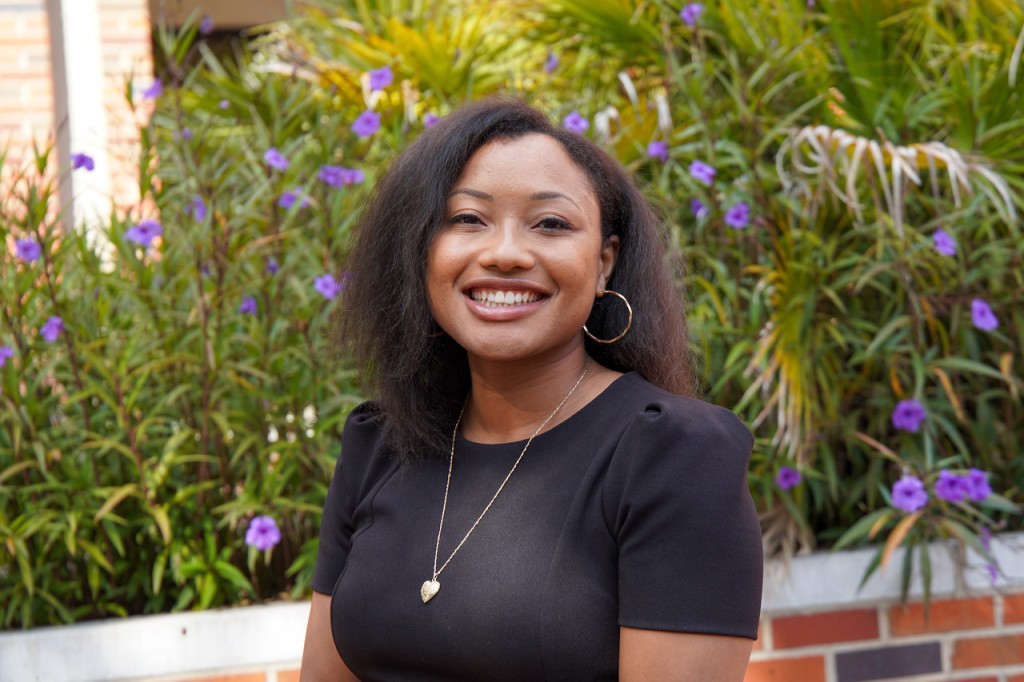New book coming July 2024 from Rutgers University Press! Order info here.

Book praise here:
“Landmark scholarship about Latinx engineers and engineering education. The editors have assembled an intersectional team of authors who offer a way forward for diversifying engineering and advancing social justice in education.”
Ebony McGee, editor of Diversifying STEM: Multidisciplinary Perspectives on Race and Gender
“This book says and does it all! Here, the editors have masterfully compiled higher education’s most advanced insights, theories, and practices that can support Latin* students in engineering and transform the institutions that serve them. From the honest and gripping accounts of discrimination against Latin* students, to the critical analyses that explain how deeply systems and structures of higher education are rooted in oppression, to the inventive strategies that offer us hope for a diverse engineering workforce in the future, readers from all disciplines will be inspired.”
Kelly Mack, vice president for undergraduate STEM education and executive director, Project Kaleidoscope, American Association of Colleges & Universities
“The authors whose perspectives comprise this book are a ‘who’s who’ of Latin* scholars and practitioners in engineering education. The result is complementary variety of topics, methodologies, theoretical frameworks, and perspectives on practice that make this a seminal book.”
Julie P. Martin, Engineering Education Transformations Institute director at the University of Georgia, Athens, GA
“Latin* Students in Engineering: An Intentional Focus on a Growing Population is timely in that we need more research on broadening participation of Latin* (Latino/a/x) students in engineering. The editors and chapter authors provide a comprehensive approach to improving the outcomes of Latin* students from understanding their experiences within engineering to how postsecondary institutions can become more inclusive and supportive of this population. Moreover, this edited volume provides a strength-based approach rather than a deficit lens. It is refreshing as strengths-based interventions and strategies signal that Latin* students do not need fixing; rather postsecondary institutions must transform their culture to focus on unlocking and unleashing the potential of Latin* students by using a culturally responsive paradigm.”
Erik M. Hines, co-editor of Equity-Based Career Development and Postsecondary Transitions: An American Imperative
“What a great collection! This book brings together contributions from leading interdisciplinary scholars to challenge our thinking about what we all need to do to support Latin* engineering students. It’s not the students who need to change—it’s the institutions that need to change. This book gives deep insight to the complex, intersectional identities of Latin* engineering students as well as concrete examples of how to put this call into action.”
Maura Borrego, director of the Center for Engineering Education and professor of mechanical engineering and STEM education at the University of Texas at Austin
Overview:
The growing population of engineering students who identify as Latina/e/o/x and/or Hispanic have diverse identities and backgrounds, and they pursue engineering at a range of institutional types across and beyond the United States. This book fills an important need within this field by providing an evidence-based approach to enhancing the educational experiences of Latin* students in engineering through actionable applications of research. While much scholarship and attention has been given to broader STEM issues over time, too few resources explicitly demonstrate how practitioners can translate what we know about the engineering context to concrete strategies for enhancing practice, policies, and collaborations. Virtually none are centered upon the needs of Latin* students in engineering. Scholars and practitioners can use this book to take an integrated approach to enhancing educational experiences for Latin* students in engineering disciplines, in line with the deep work emerging in professional scientific organizations and funding agencies, such as the National Science Foundation (NSF), SHPE, and other impactful spaces for education and engineering. To address these needs, we, as a collective of educational stakeholders, need to update the narrative on Latin* engineering students and the institutions that could better serve them.
Pre-order here in multiple formats: Rutgers University Press & beyond.
Recent and Upcoming Presentations
April, 2024: American Educational Research Association, Annual Meeting #AERA24 in Philadelphia, PA (Structured Poster Session)
June, 2024: American Society for Engineering Education, Annual Meeting in Portland, OR (Workshop)
Editor information is provided below.

Lara Perez-Felkner, Ph.D.
Associate Professor of Higher Education at Florida State University

Sarah Rodriguez, Ph.D.
Associate Professor of Engineering Education at Virginia Tech University
Ciera Fluker, Ph.D.
Research Associate at Florida State University
Editor Biographies
Lara Perez-Felkner (she/her/ella) is an Associate Professor of Higher Education and Sociology at Florida State University (FSU) and Senior Research Associate with FSU’s Center for Postsecondary Success. Her research focuses on the mechanisms shaping social disparities in postsecondary access and persistence. This work investigates racial–ethnic, gender, and socioeconomic disparities in postsecondary pathways to educational attainment and scientific careers, especially in computing and engineering fields. Dr. Perez-Felkner co-edited and authored a New Directions in Institutional Research volume on undergraduate women in STEM and a special issue in International Journal for Gender, Science, and Technology. She is actively engaged in and has held various professional leadership roles in societies such as the American Educational Research Association and the Association for the Study of Higher Education. She has been a key campus player in institutional change efforts, including APLU ASPIRE IChange; the President’s Council for Equity, Diversity, and Inclusion, past co-chair of FSU’s Latinx Faculty and Staff Collective, and a WT Grant Foundation Institutional Challenge Mid-Career Fellow. She is now the PI of an NSF ADVANCE grant team at FSU. Dr. Perez-Felkner has also been a Student Experience Research Network (SERN) Mid-Career Fellow and Institute in Critical Quantitative, Computational, & Mixed Methodologies (ICQCM) NSF Quantitative Critical Methodologies Scholar. She has won a series of awards at FSU for excellence in teaching, advising, and mentoring.
Sarah L. Rodriguez, Ph.D. (she/her/hers) is an Associate Professor of Engineering Education and an affiliate faculty member with the Higher Education Program at Virginia Tech. Her engineering education research agenda centers upon engineering and computing identity development of historically marginalized populations at higher education institutions. In her research, she concentrates on identifying and asking urgent questions about systemic inequities such as racism, sexism, and classism that marginalized communities experience as they transition to and through their engineering and computing higher education experiences. Currently, Dr. Rodriguez is involved with several large-scale interdisciplinary research projects focused on institutional environments and STEM identity development sponsored by the National Science Foundation (NSF) and the Kapor Center. In recent years, she was selected as an Early Career Awardee and Faculty Fellow with the American Association of Hispanics in Higher Education (AAHHE) and a NASPA Emerging Faculty Leader. She also received the Barbara Townsend Early Career Scholar Award by the Council for the Study of Community Colleges (CSCC) and gave the distinguished ASHE-CAHEP Barbara Townsend Lecture. To learn more about her current projects, visit http://sarahlrodriguez.com/
Ciera Fluker, Ph.D. (she/her/ella) graduated from the Higher Education Program at Florida State University in 2023. She served as a research graduate assistant at Florida State University where her research explored policy and institutional strategies for improving underrepresented racial minority students’ pathways through higher education and engineering. Through her mixed methods research she centers Black and Latin* students’ voices while underscoring their resiliency and success. In addition to education research, Ciera is a skilled training consultant with 10 years of experience leading the design, development, implementation, and evaluation of adult education programs. She earned her bachelor’s degree in business administration with a specialization in human resources from The Ohio State University, and a master’s degree in adult learning and development from Cleveland State University.
